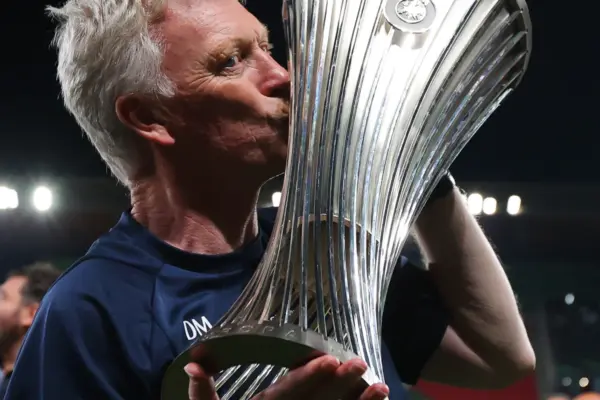Jordan Henderson: From Liverpool Captain to Controversial Transfer

Introduction
Jordan Henderson, a name synonymous with Liverpool Football Club, has recently made headlines with his season-defining move to Al-Ettifaq in Saudi Arabia. His transition from the Premier League to the Saudi Pro League has sparked conversations regarding the implications of such high-profile transfers in modern football. Henderson’s career serves as a lens through which we can observe both the evolution of player movements and the shifting dynamics within the sport.
Career Overview
Jordan Henderson joined Liverpool FC in 2011, becoming a crucial part of the team’s fabric. After rising from Sunderland’s youth academy, he quickly established himself as a formidable midfielder. At Liverpool, he elevated his game under various managers and eventually took on the captaincy role in 2015. His leadership helped guide Liverpool to multiple accolades, including the UEFA Champions League title in 2019 and the long-awaited Premier League triumph in 2020.
The Transfer to Al-Ettifaq
In July 2023, Henderson’s transfer to Al-Ettifaq marked a notable shift. The move raised eyebrows, especially given his prominent role at Liverpool and the recent backlash surrounding his comments about LGBTQ+ rights during his time at the club. This aspect of his transfer has prompted discussions about player accountability both on and off the pitch.
Henderson’s contract with Al-Ettifaq is reportedly worth around £700,000 per week, a significant sum that showcases the escalating financial prowess of clubs within the Saudi Pro League. This transition opens up discussions concerning the allure of lucrative contracts in less traditional leagues compared to the historic prestige of competitions in Europe.
Impact and Future Prospects
While Henderson’s move has drawn mixed reactions from fans and pundits, it signifies a trend of established players exploring opportunities beyond European leagues. The increasing competitiveness and financial investment in leagues like the Saudi Pro League may incentivise more talent to pursue similar paths.
For Henderson, moving to Al-Ettifaq might provide him with a platform to refocus both his career and public image. He has a chance to shine and prove his worth while contributing to the growth of football in the region. As the narrative unfolds, fans are keen to see how Henderson adapts to this new challenge and whether he can extend his influence beyond the English game.
Conclusion
Jordan Henderson’s journey from Liverpool captain to Al-Ettifaq highlights the evolving landscape of football transfers. As players increasingly consider financial opportunities alongside their footballing careers, the implications for both player integrity and competitive integrity warrant close attention. The ramifications of such high-profile moves will continue to resonate within the football community, making Henderson’s transition a pivotal moment in the sport’s contemporary narrative.
You may also like

The Rise and Recent Developments of Paris Saint-Germain F.C.

Barcelona vs Rivals: Understanding the Historic Football Rivalry
